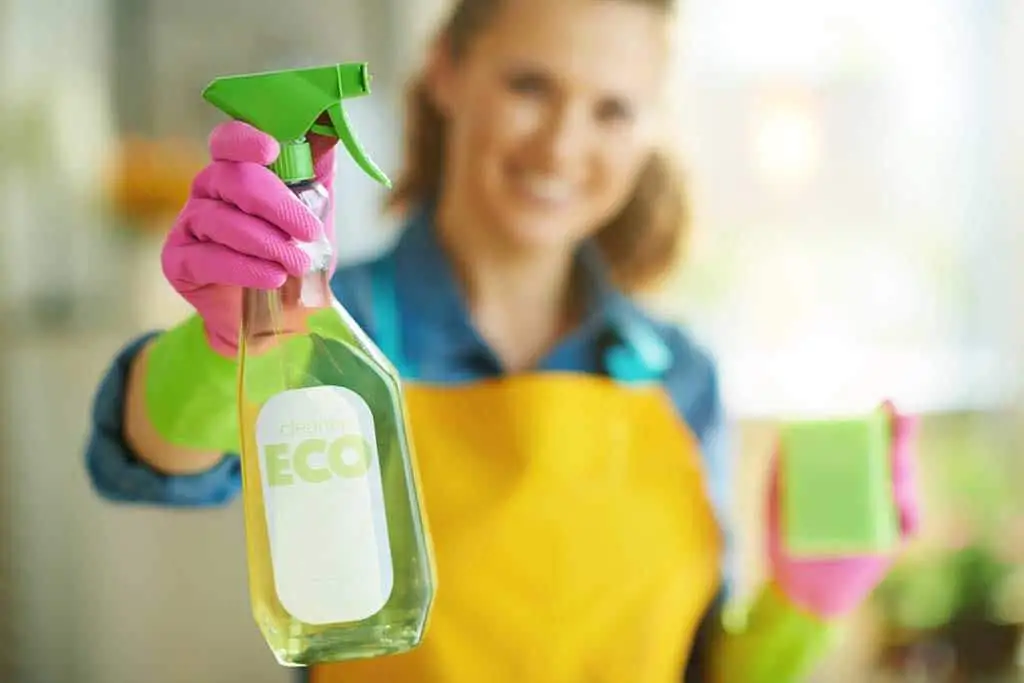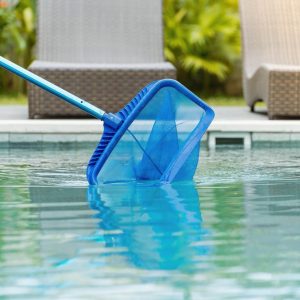Maintaining a healthy septic system is essential for the proper functioning of your home’s wastewater management. However, many homeowners may unknowingly introduce harmful chemicals into their septic systems through everyday household products. In this blog, we will explore the impact of household chemicals on septic systems and discuss alternative solutions that are septic-friendly. By understanding the potential harm and making conscious choices, we can protect our septic systems and promote environmental sustainability.
The Detrimental Effects of Chemicals on Septic Systems
- Disruption of the Biological Balance: Harsh chemicals found in cleaning products, pesticides, and personal care items can disrupt the delicate balance of bacteria in the septic tank. These bacteria are responsible for breaking down solid waste and maintaining the system’s efficiency.
- Damage to Drainage Fields: Chemicals that reach the drain field can inhibit the soil’s ability to absorb and treat wastewater properly. This can lead to drainage issues, clogging, and ultimately, septic system failure.
- Environmental Impact: Chemicals that enter the septic system can contaminate groundwater, and nearby water bodies, and harm local ecosystems. This pollution can have far-reaching consequences on human and environmental health.
Common Household Chemicals to Avoid
- Antibacterial Cleaners: Antibacterial soaps, disinfectants, and cleaners contain chemicals like triclosan that disrupt the septic system’s bacterial balance.
- Chlorine Bleach: Chlorine-based products are powerful disinfectants but can kill beneficial bacteria in the septic tank.
- Solvents and Paints: Chemicals found in solvents, paint thinners, and oil-based paints can be toxic to the septic system and should be disposed of properly.
- Prescription and Over-the-Counter Medications: Pharmaceuticals can have adverse effects on the bacterial activity in the septic tank and should not be flushed or disposed of through drains.
Septic-Friendly Alternatives
- Natural Cleaning Products: Opt for eco-friendly and biodegradable cleaning products that are free from harsh chemicals. Look for products labelled as septic-safe or use simple ingredients like baking soda, vinegar, or lemon for cleaning purposes.
- Proper Medication Disposal: Instead of flushing medications or pouring them down the drain, follow community guidelines for safe disposal. Many pharmacies and local authorities provide collection programs or instructions for medication disposal.
- Grease and Oil Disposal: Never pour grease, oils, or fats down the drain as they can cause clogs and damage to the septic system. Collect and dispose of them in sealed containers or consider recycling options available in your area.
- Use Water Efficiently: Conserving water reduces the strain on your septic system. Install low-flow fixtures, repair leaks promptly, and spread out water usage throughout the day.
Understanding the impact of household chemicals on septic systems empowers homeowners to make informed choices and adopt septic-friendly alternatives. Best practices for your septic tank installers include letting you know of all the harmful chemicals you should avoid to not only protect the environment but keep your septic tank in good condition.




